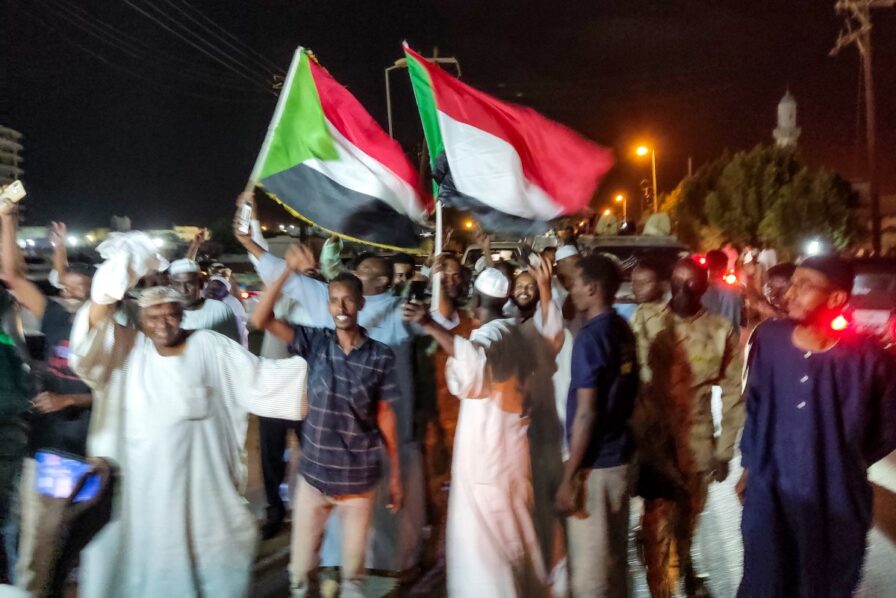
Sudan’s military has taken control of several strategic buildings in central Khartoum, including the Central Bank, after a fierce battle against the paramilitary Rapid Support Forces (RSF).
This latest offensive follows the army’s recapture of the presidential palace, marking a significant gain in the ongoing conflict.
In a statement on Saturday, army spokesperson Nabil Abdallah confirmed the military’s advances, stating that government forces successfully eliminated “hundreds of militia members” who attempted to escape through various routes in central Khartoum. He further listed the reclaimed buildings, including the Central Bank, underscoring the army’s growing foothold in the capital.
On Friday, Sudanese military forces, with the support of allied armed groups, launched an operation that successfully reclaimed the presidential palace from RSF fighters. In response, the RSF carried out a retaliatory drone strike, which resulted in the deaths of three journalists and multiple army personnel.
Military sources reported that after losing control of the palace, RSF fighters dispersed into buildings located in Al-Mogran, a district west of the palace that hosts banks and corporate headquarters. The RSF had strategically positioned snipers in high-rise buildings within the district, granting them a vantage point over both Omdurman—across the Nile River—and key government ministries in central Khartoum.
The ongoing battle for Khartoum’s political and financial center could prove decisive in strengthening the military’s control over the capital. If the army maintains its grip on these critical areas, it could gain a strategic edge in Sudan’s devastating two-year war.
The conflict, which erupted in April 2023, pits Sudan’s army, led by General Abdel Fattah al-Burhan, against the RSF, commanded by his former deputy, Mohamed Hamdan Daglo. The war has resulted in tens of thousands of deaths and has displaced more than 12 million people, making it one of the world’s worst humanitarian crises. The country remains deeply divided, with the military holding power in the eastern and northern regions, while the RSF continues to dominate much of Darfur in the west and parts of southern Sudan.
As the fighting intensifies, both sides appear determined to consolidate their positions, raising concerns about prolonged instability and further suffering for the civilian population. The international community continues to call for ceasefire negotiations, but so far, attempts at peace talks have yielded little progress.





